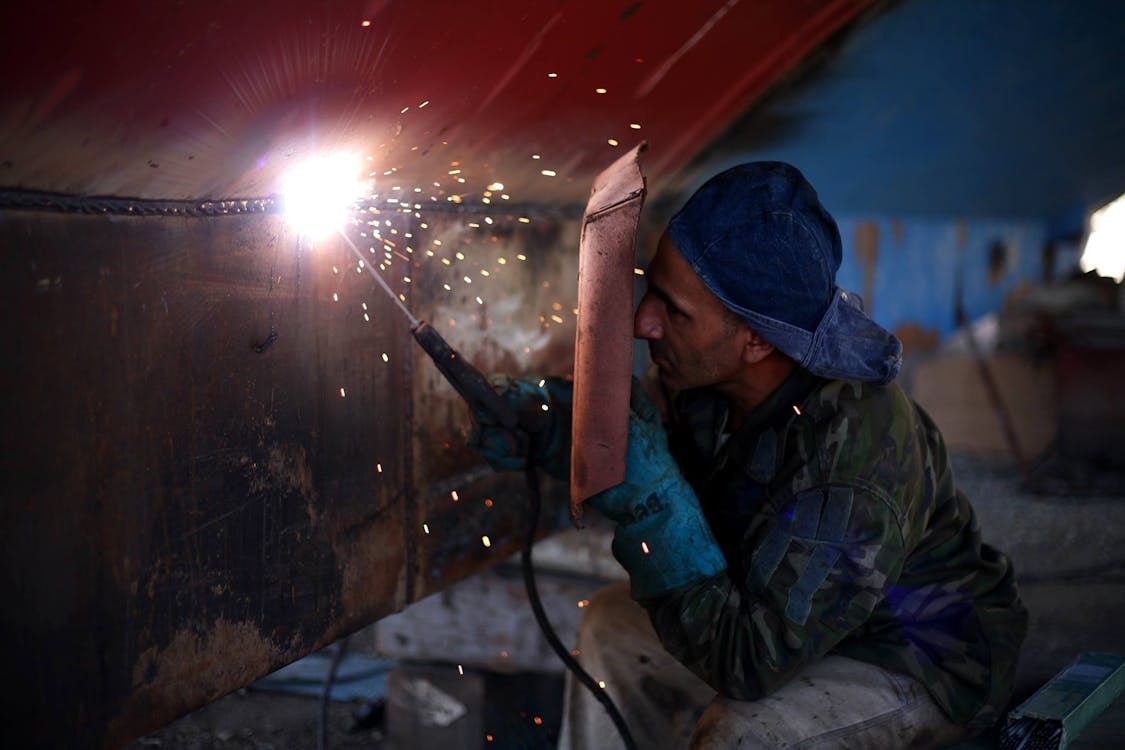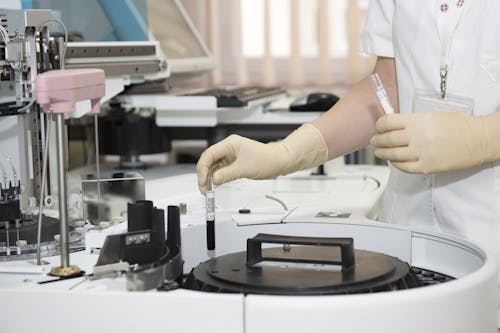 |
| Pixabay |
Can your work increase your risk of cancer? Apparently, there are jobs and workplaces that may contribute to a higher risk of acquiring cancer because of exposures to some dust, gases, chemicals, radioactive substances and other aspects of their work.
The International Agency for Research on Cancer has been maintaining a rigorous program of evaluating and ranking substances according to their capacity to cause cancer in humans. Most of the substances classified by IARC as carcinogens, or cancer-causing, have primarily occupational exposures.
Types of industries that put workers at risk
Cancer Research UK identified types of industries that can put a person at risk of developing cancer. These include:
- Agriculture-related jobs – excessive exposure to sunlight or exposure to agricultural chemicals could increase risk.
- Construction – Jobs in construction and related fields can expose one to too much sunlight on a daily basis and to substances such as silica, asbestos, coal, paint and solvents, wood dust, or to diesel engine exhaust.
- Mining and manufacturing – Exposure to fossil fuels such as mineral oils, benzene, asbestos, silica, and solvents can increase the risk of cancer.
- Service industries – They can also expose one to too much sun, smoke, or emission from diesel engines.
 |
| Pixabay |
10 Jobs that can increase cancer risk
The Reader’s Digest outlined 10 specific jobs that can increase cancer risk. Is your job one of them?
- Flight attendant
Working at high altitudes poses an increased risk of developing certain types of cancers including those that affect the cervix, breast, thyroid, uterus, esophagus, and colon, among others. This is because of exposure to ionizing radiation. In fact, a study published in the journal Environmental Health showed that breast cancer rate among female flight attendants is 50 percent higher than in women not in that field.
- Airline pilots
According to JAMA Dermatology report, cockpits are as dangerous for your skin as tanning beds. As such, pilots and crew members have double the rate of melanoma or skin cancer than ordinary people. In addition, just spending an hour inside the cockpit is equivalent to 20 minutes in a tanning bed.
- Welder
Heating metals to high temperature are dangerous to everyone, more so to the one handling the job, the welder. Welding fumes contain toxins that can potentially cause cancers of the lung, kidney, skin, and eye.
- Desk job
Is your job requiring you to sit for long periods of time? According to a German study, sitting too much at a desk can result in a higher risk of colon cancer and endometrial cancer. Those who spend the most time sitting have a 24 percent higher risk of colon cancer and 32 percent higher risk of endometrial cancer.
- Farmer
The Agricultural Health Study conducted 10-year research on the effects of farming to the health of farmers and their family. Researchers found that these people were diagnosed with cancers at higher-than-normal rates. Types of cancers include leukemia, non-Hodgkin lymphoma, multiple myeloma, stomach, brain, and prostate. A pesticide is one of the culprits. However, the AHS also cited engine exhaust, solvents, dust, animal viruses, fertilizers, fuels, and microbes.
- Firefighter
When plastic, building materials, and other everyday substances burn, they release toxins. Firefighters inhale these toxins every time they combat fire incidences. They are at risk of testicular cancer and mesothelioma, cancer is known to be caused by asbestos.
- Night-shift work
Our body has a natural circadian rhythm which is triggered by natural sunlight. According to an MIT study, cells respond to the light like a cue to reset the body clock. When one works night-shift, they lose that cue. As a result, a cancer-promoting protein called c-myc accumulates in the cell, speeding up tumor growth and development.
- Mine worker
Mining is a dangerous business. Accidents can happen and workers can be trapped inside mining sites. In addition to these accidents, miners are also exposed to different causes of cancer. For examples, coal-mining dust can increase the risk of developing lung and stomach cancer. They can also come in contact with asbestos, uranium, and radon. Diesel exhaust and fumes from drilling machines can also increase the risk of lung cancer.
- Hairdresser
The chemicals in some hair dyes may put hairdressers at an increased risk of having cancer. One way to minimize the risk is by wearing gloves and ensuring that the workplace is well-ventilated.
- Lab technicians
A study published by the Journal of Cancer Research showed that women with a family history of breast cancer have a double risk if they are working in a laboratory. Organic solvents use benzene which can increase the risk of developing cancer. This is also true for women working as factory workers and house cleaners.
While these occupations may increase the risk of cancer, it does not happen overnight. It often takes years for people to develop cancer after being exposed to asbestos, fumes, benzene, and other hazardous substances
If you are working outdoors and excessive sun exposure can increase your cancer risk, there are ways to reduce UV exposure. You can opt to use protective clothing or apply sunscreen to protect your skin from direct UV rays.
If your job involves one of the listed occupations above, early testing and screening will benefit you. Visit your doctor regularly.










